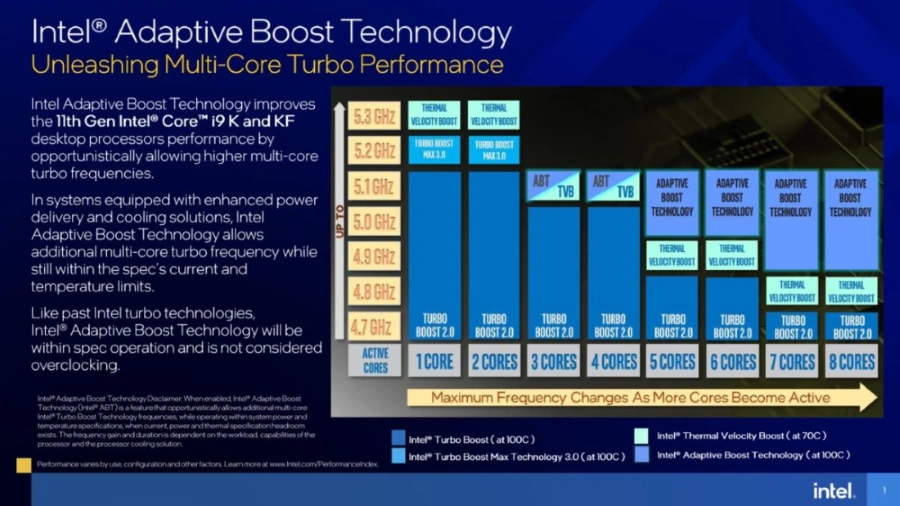
The M1 caught Intel off-guard and it's just the first salvo from Apple. Future versions of Apple Silicon for the MacBook Pro and the Mac desktop computers will be a lot more powerful. For the first time, Intel is feeling the heat from a non-x86 processor in its traditional markets. Of course, the impact is still limited because switching to Mac OS is not something everyone wants or can do. But looking a bit further into the future, Qualcomm is the next ARM-based company going after Intel's (and AMD's) marketshare in the computer market.
Intel decided the best course of action was to make fun of Apple's new laptops by doing a series of remakes of the old "I'm a Mac" commercials from nearly 20 years ago. Intel even hired Justin Long, the guy from the "I'm a Mac" ads, to hype up Intel-based products. Weak move Intel. Weak move.
Other examples from Intel's new ads include a brief conversation with a PC gamer wherein the PC gamer comments, "No one really games on a Mac," and Long quickly agrees. There's also a sequence where Long is surprised and disappointed that he cannot use a touch interface on MacBook's screen. He is instead confused by the Touch Bar (which Apple is expected to stop shipping in new Macs later this year, according to some reports). -- ARS Technica
Intel cooks up yet another Boost
Next there's a little bit of news about Adaptive Boost Technology (ABT), yet another Boost cooked up by Intel. This feature is exclusive to the Core i9 "Rocket Lake-S" series and will offer 5.1GHz on all cores on the flagship model -- providing that all necessary conditions are met.It would seem that [ABT] will engage up to 100°C for 3 to 8 cores, whereas TVB will only work up to 70C. This theoretically will allow up to 5.1 GHz on select cores. Officially the Core i9 series offers up to a 4.8 GHz all-core boost, so this slide would suggest that if power and temperature requirements are met, then all cores should boost up to 5.1 GHz, 300 MHz above the specifications. -- VideoCardz
